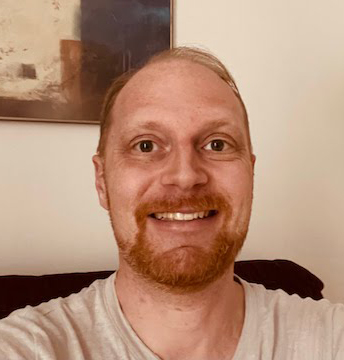
DSU awarded grant for study on bullying and gay young men
Dr. Charles Cange, an Associate Professor of Sociology, has been awarded two National Institutes of Health grants totaling $468,000 to study the long-term effects of bullying on gay young men and which methods can help alleviate their pain. 
“Due to pervasive stigma and homophobia, this vulnerable population is often exposed to bullying during adolescence,” wrote Dr. Cange, associate professor of sociology at Del State and the principal investigator on the study. “However, research on men’s sexual health has not focused on this exposure, making this a significant gap in the literature.”
Specifically, the research will ask whether men who were subjected to aggressive behavior during adolescence exhibit higher rates of psychological health issues like Post Traumatic Stress Disorder (PTSD) and higher rates of sexually transmitted infections and disease.
Defined by the Centers for Disease Control as a public health problem, bullying can take many forms, from intermittent teasing to physical violence. The current generation of young gay men may also have been exposed to social media-based cyber-bullying.
To adequately examine individuals’ experiences with bullying, this study will use survey methods in combination with longer one-on-one interviews. In a summary of the project, Dr. Cange wrote that traumatic symptoms related to more extreme homophobic bullying may lead to men experiencing greater PTSD symptoms as well as poorer sexual health, including higher HIV risks.
If these hypothesized relationships are supported, Dr. Cange concluded, it would point to the need for a bullying-specific intervention that build an individual’s resilience targeting the long-term consequences.

